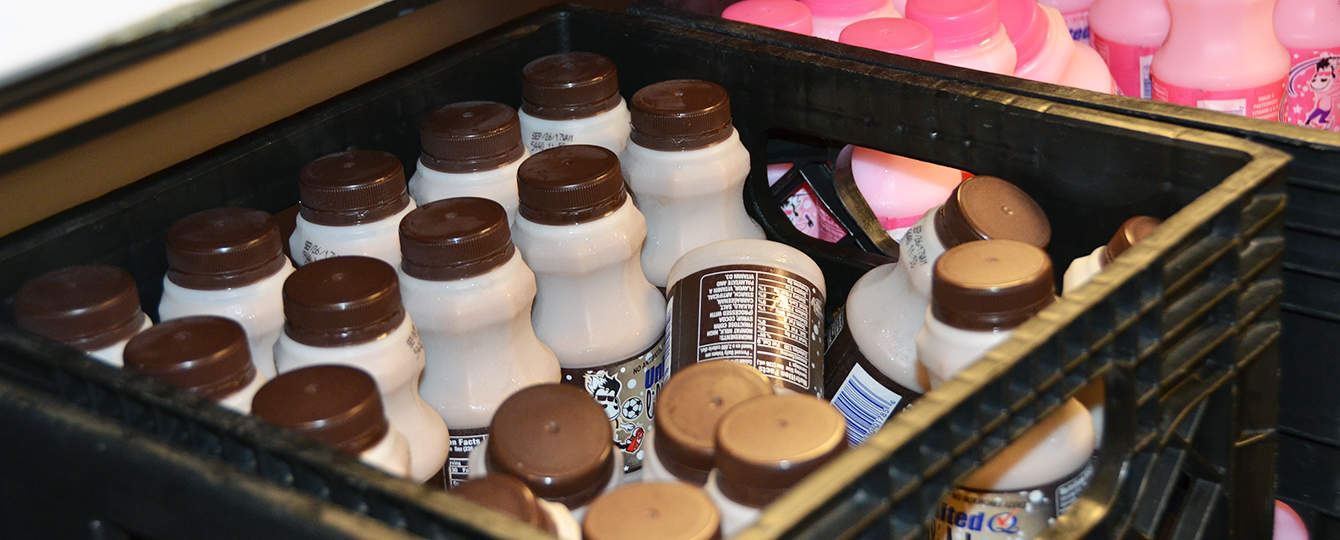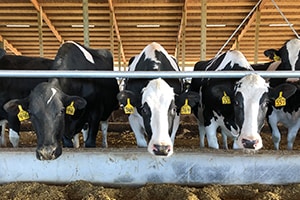Teaching students where their food comes from is a fundamental step in the development of healthy eating habits. Dairy foods can play a unique role in Farm to School efforts because they are made year-round and are more local than you might think.
Fresh and Local
Did you know that milk is the number one product that schools source from local farmers? Ohio and West Virginia is home to more than 1,450 dairy farms, and there’s a good chance the milk at your school came from one of those farms. In fact, milk arrives at schools in as little as 72 hours after leaving the dairy farm. Talk about fresh!
Cheese and yogurt are also local to our region. Ohio is home to nearly 65 dairy companies that bottle milk or make cheese, yogurt and other dairy foods.
Educational Materials
The American Dairy Association Mideast is pleased to share educational materials to help you engage your students in exploring the connections between good nutrition and the role farmers play in creating delicious dairy foods and helping to protect our environment. Our resource library includes posters and toolkits, lesson plans, printable fact sheets and more.
Specifically for grades 3-5, the Adopt a Cow program is an exciting, year-long experience for the classroom to get an inside look at dairy farming and is free for teachers. In Ohio and West Virginia, classrooms will be virtually paired with a calf from an Ohio dairy farm. Students will find out what her name is, when her birthday is, where she lives, and how the farmer takes care of her. Throughout the program, teachers will receive progress updates, photos of the cow, student activity sheets, suggested lessons that follow Common CORE standards and even opportunities for their students to write letters to the calf!
Outside of the Classroom
- Watch a virtual farm tour or invite a local farmer to your school to learn about milk’s journey from farm to fridge.
- Host a taste test event featuring local foods, like savory parfaits made with yogurt and ingredients from your school’s garden.
- Invite guest speakers to talk to your students. Reach out to your local FFA or 4-H chapter, County Extension Office, Master Gardeners Club or Soil & Water Conservation District office.





